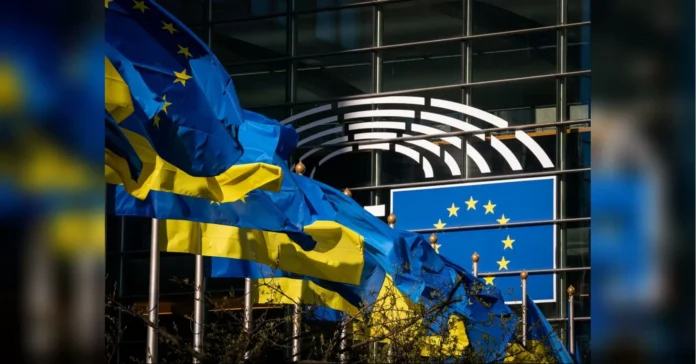The highly anticipated triumph of extreme right and extreme left forces has not come to pass, at least not in relation to Russia. Over the past years, these ideological movements have gained significant power and attention, with some even predicting their eventual takeover of the political landscape in various countries. However, recent developments have shown that these expectations were not met, and instead, we are witnessing a different outcome.
The rise of extreme right and extreme left movements is not a new phenomenon. In fact, the roots of these ideologies can be traced back to the early 20th century. The extreme right is characterized by conservative and nationalist views, while the extreme left is associated with radical and revolutionary beliefs. Both have gained momentum in recent years, fueled by various factors such as economic disparities, immigration, and the rise of populism.
In the case of Russia, these movements have been intertwined with the country’s political landscape for decades. Since the collapse of the Soviet Union, right-wing and left-wing parties have emerged, often aligned with Russia’s interests and policies. These parties have gained significant support and influence, especially in neighboring countries with a history of close ties with Russia.
The expected triumph of these movements, however, has been thwarted by several factors. Firstly, the rise of right and left-wing populist leaders in Europe has shifted the focus away from extreme parties. Figures like Marine Le Pen in France and Matteo Salvini in Italy have captured the attention of the media and the public with their strong anti-immigration and anti-EU stances. Their success has overshadowed the extreme parties, who have failed to make significant gains in recent elections.
Secondly, the actions of the Russian government have also played a significant role in dampening the expected triumph of these movements. Russia’s annexation of Crimea and its involvement in the conflict in Eastern Ukraine have caused a rift between the country and the West. This has led to increased scrutiny of Russia’s ties with right and left-wing parties in Europe, making it harder for them to gain support and legitimacy.
Furthermore, the extreme parties themselves have also faced internal struggles and controversies. In some cases, infighting and radicalization have hindered their credibility and appeal to the wider public. Additionally, their ties to Russia have also become a point of contention, with critics accusing them of being puppets of the Kremlin.
It is also worth noting that the expected triumph of extreme right and extreme left movements was based on the assumption that the traditional political parties would continue to lose ground. However, recent years have shown a resurgence of mainstream parties, particularly in countries like Spain and France. This has weakened the prospects of extreme parties to a great extent.
In the end, it is clear that the predicted triumph of extreme right and extreme left forces linked to Russia has not materialized. Despite their previous successes and growing influence, recent developments have shown that their path to power is not as straightforward as predicted. Populist leaders and internal struggles have hindered their progress, while Russia’s actions have also played a significant role in their decline.
It is important to note, however, that the influence of these movements cannot be underestimated. They still hold sway in various countries and can potentially impact the political landscape in unforeseen ways. Furthermore, their ideologies continue to resonate with a significant portion of the population, highlighting the underlying issues and concerns that must be addressed by mainstream parties.
In conclusion, the expected triumph of extreme right and extreme left forces linked to Russia has not come to pass. While these movements have gained significant power and attention in recent years, various factors have hindered their progress. Populist leaders, internal struggles, and Russia’s actions have played a crucial role in their decline. Nevertheless, the influence and significance of these ideologies cannot be ignored, making it essential for mainstream parties to address the underlying issues and concerns that have fueled the rise of these extreme movements.

